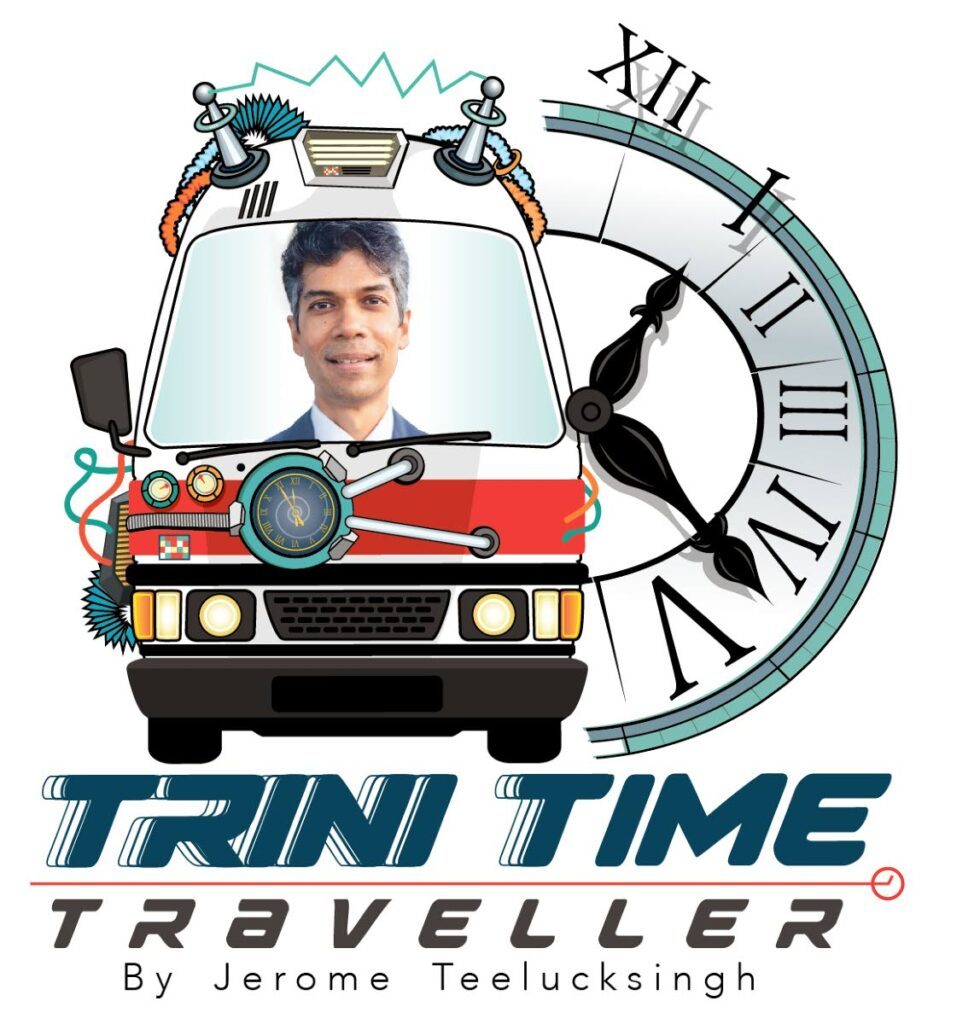Scientist who calculated independence

Jerome Teelucksingh
THE OLDER generation will recall the historic moment at the Red House in Port of Spain when the Union Jack was lowered and the red, black and white flag was hoisted, and our country became the 16th nation in the British Commonwealth to gain complete sovereignty.
On August 31, 1962, the headline of the Trinidad Guardian was “Trinidad Now Becomes a Nation.” Dr Eric Williams was praised and seen as a messiah.
But no similar credit was given to Dr Rudranath Capildeo, the mathematician.
Prior to this grand achievement, during April-June 1962, trouble was brewing in Port of Spain and also London, England. It was a one-sided affair in which the Colonial Office seemingly favoured Williams and the ruling People’s National Movement (PNM).
On April 26, 1962, a conference was held at Queen’s Hall to discuss the draft constitution. However, it seemed a farce, because the selected participants at the discussion were frustrated that they had only five minutes to make their input on the inadequacies of this important draft. From this conference, amendments to this crucial document would be taken by a delegation to be discussed at a final conference at Marlborough House in London.
In May 1962, at the opening of the TT Independence Conference at Marlborough House, Capildeo, head of the opposition Democratic Labour Party (DLP), complained, “I think that a wider measure of agreement would have been achieved if an attempt was made to secure our co-operation from the outset.” This should have been a concern of the British officials who were closely guiding this political evolution.
Capildeo further lamented, “When a joint select committee was belatedly appointed to consider the draft constitution, the government members had already closed their minds and were not disposed to discuss issues, but were determined to defend a draft to which they appeared to be irrevocably committed.”
It seemed that the government was intent on supporting a draft constitution in which the majority ruled the minority.
On June 1, 1962, at the plenary session of the Independence Conference, the DLP’s memorandum stated that the qualification of voters should be defined. However, the PNM was against the return of the ballot box.
On June 3, 1962, the government and opposition delegates clashed verbally on critical issues and there was no compromise. These included delimitation of constituencies, provisions for constitutional amendment, election procedures, and appointments to the Public Service Commission and other bodies.
A report in the Trinidad Guardian of June 4, 1962, revealed, “Dr Capildeo and his party have charged the government party with 'rigging' the December elections and with discrimination against Indians in the public service – charges which government delegates denied.”
On June 6, 1962, after this Independence Conference, the opposition noted, “Government gets everything, the opposition nothing.” On June 7, 1962, the Guardian reported on the disappointment of the opposition delegates, who felt “…the Colonial Office were unsympathetic to their case.”
The secretary of the state for the colonies, Reginald Maudling, made certain suggestions for TT’s independence but Capildeo was “completely dissatisfied with the British proposals.”
It is part of history that Williams and Capildeo met on the balcony at Marlborough House and reconciled their differences. This discussion between the two alumni of Queen’s Royal College, away from the glare of the media and British officials, shortened the rocky road to independence.
Capildeo, in his independence address on August 31, 1962, explained his change of heart: “They have stretched out the hand of peace and we must be first to accept it and last to reject it.”
These were the words of a true statesman.
Some have portrayed Williams and his government as the architects of the nation’s independence, and tend to focus on his administration as the liberator in the decolonisation process.
Williams finally received the independence charter at Marlborough House. But how was it won? It was a peaceful transition, as he fought no battle at Marlborough House.
In fact, Williams’s opponent was not the secretary of state for the colonies, but Capildeo. Between them, the required compromise was too easily obtained.
In reality, Britain had no need for several overseas colonies, including TT, and she waited for the opportunity to dump these dependencies which had become an administrative burden. The 1960s was that time for the Caribbean; fortunately for Williams, independence was there for the asking.
Capildeo’s statement on August 31, 1962 is relevant to us in 2024: “It is well to realise at the outset that a constitutional framework provides little shelter and no safeguard against those who are ruthlessly determined to act unconstitutionally.”

Comments
"Scientist who calculated independence"